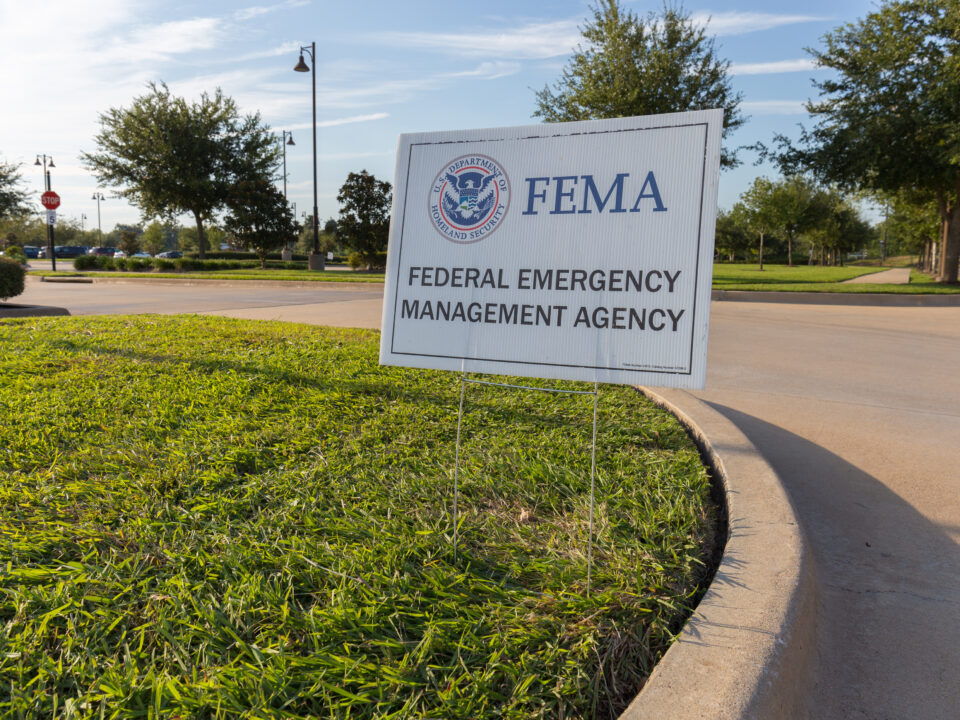
IRS Announces Rollover Relief for Required Minimum Distributions
July 6, 2020
What taxpayers should do if they get a letter or notice from the IRS
September 6, 2020Did you know all businesses are required to submit an unclaimed property report to the State Treasurer’s Office by November 1 each year? If you didn’t, you’re not alone. The majority of businesses that fail to comply with the law are simply unaware of their legal responsibility.
Here are the top five things you need to know about the S.C. Unclaimed Property Act:
1. Outstanding liabilities cannot be written off the books and posted to revenue. On or around July 1 each year, clients should review their records to identify any funds that are reportable as unclaimed property.
2. Dormancy periods vary by property type. For example, payroll checks and utility deposits should be reported after one year, securities are reportable after three years, money orders after seven years, and other types of property generally are reported after five years of dormancy.
3. Beginning this year, even if no reportable property is identified, you must notify the State by submitting a negative report via the State Treasurer’s website.
4. If you have failed to report unclaimed property in the past, don’t panic. If past-due property is identified, you may request a voluntary disclosure agreement, which would allow you to report past-due property without incurring interest and penalties.
5. Remember to retain records. Businesses are required to keep records of the past 10 report years on file. This would mean that for any property with a five year abandonment period, you would need to maintain the record for at least 15 years since the date of last activity.
Information obtained from the SC Treasurer’s website.




